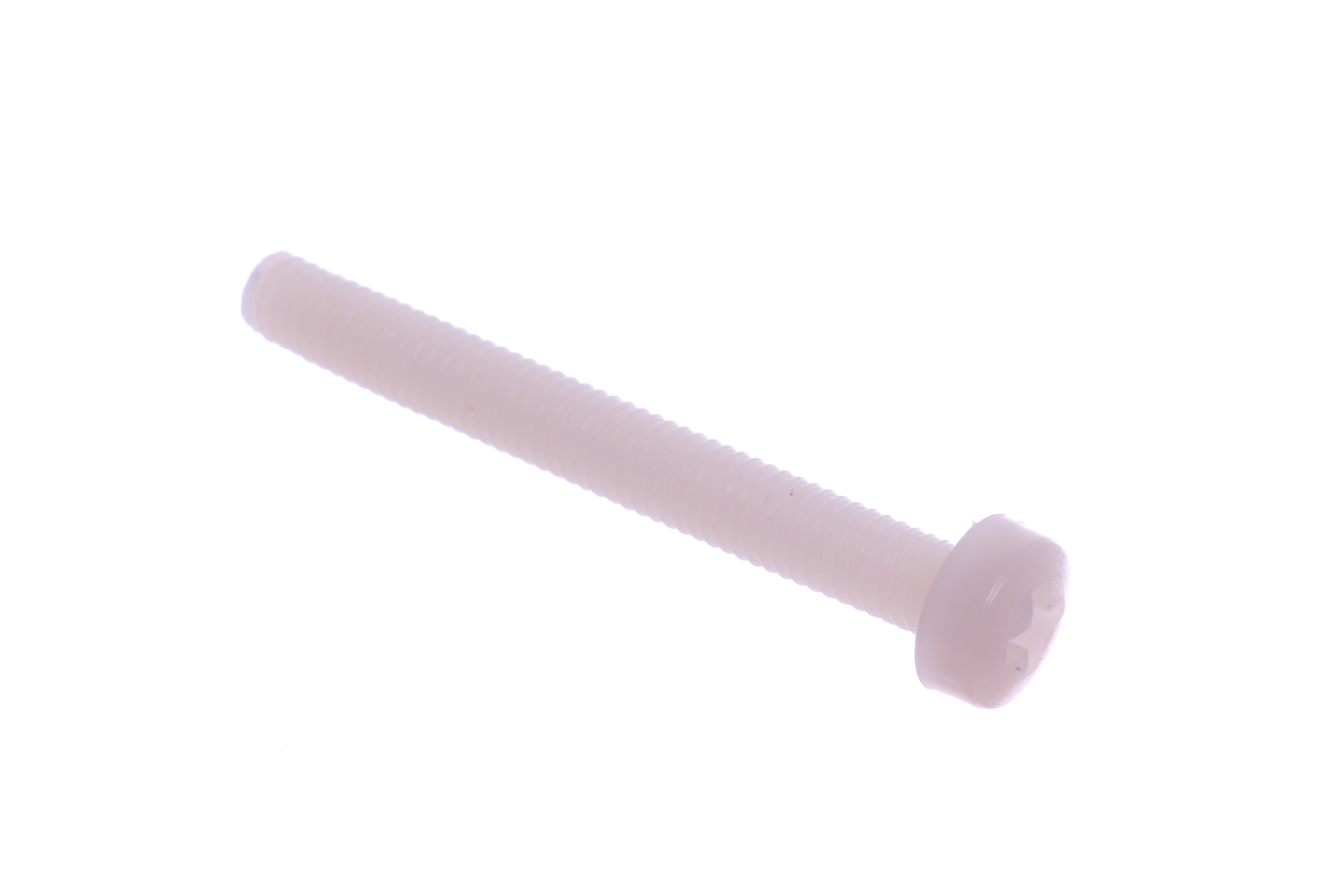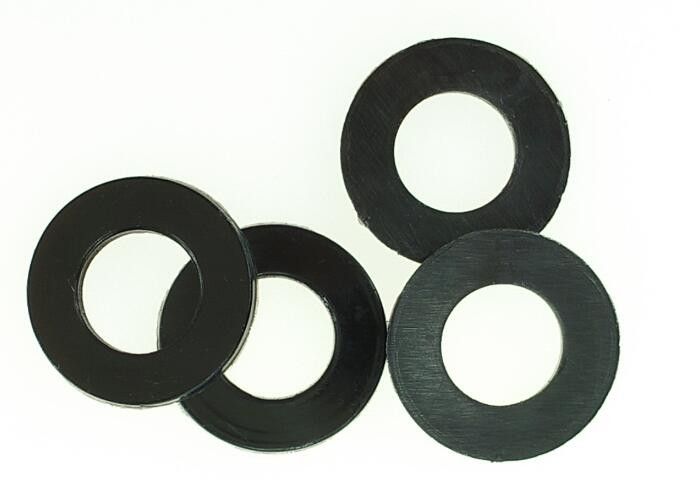Whether you’re assembling a structure or a piece of equipment for the first time, or if you’re doing repairs and maintenance and you need to update fasteners, you may be wondering how much freedom you have when it comes to swapping one type for another. Usually this decision breaks down to conventional materials like metal and synthetic or polymer-based materials like plastic.
To determine whether you’ll benefit from swapping out metal fasteners for plastic, or vice versa, you’ll first want to look at the properties of each.
Metal fasteners are far more conventional when in most structural and industrial applications. They are enduring and include materials with properties that range from high strength to extreme corrosion resistance.
Metal fasteners, when properly installed, provide reliable longevity. If you’re looking for factors like electrical and thermal conductivity, extreme resistance to temperatures, significant strength to weight ratios, and heavy duty load bearing capabilities, then metal washers, including those made from copper, aluminum, Inconel, titanium and other metals will deliver a performance that’s not easily duplicated by plastic or polymer-based fasteners. Metal fasteners can also be treated with various coatings and finished, whereas polymer-based components possess properties that are typically synthesized into the material.

Just as with various metals, there are numerous advantages to be gained using fasteners made from plastic. Plastic screws, bolts and nuts, like those made from nylon or PVC can be used in many applications and will contribute to corrosion and chemical resistance, low friction, moderate temperature endurance, and electrical insulation. Often they will need to be installed into predrilled holes or defined places within a piece of equipment or product.
When it comes to spacers like plastic flat washers, these components can deliver reliable load distribution with highly resistant qualities. They can be paired with metal fasteners to inhibit the formation of rust and act as a barrier between incompatible materials, preventing chemical reactions, leaching, and wear. Polymer-based washers are UV resistant and can be regularly exposed to substances used in food and chemical processing without deterioration or loss of integrity, which is why they are frequently found in food and beverage, and oil and gas facilities, as well as in similar applications.
If you find you need to regularly replace metal fastener assemblies in a standard household application due to rust or corrosion, or chemical reactions between surfaces, then you may want to try swapping out a metal washer for one made of plastic.









